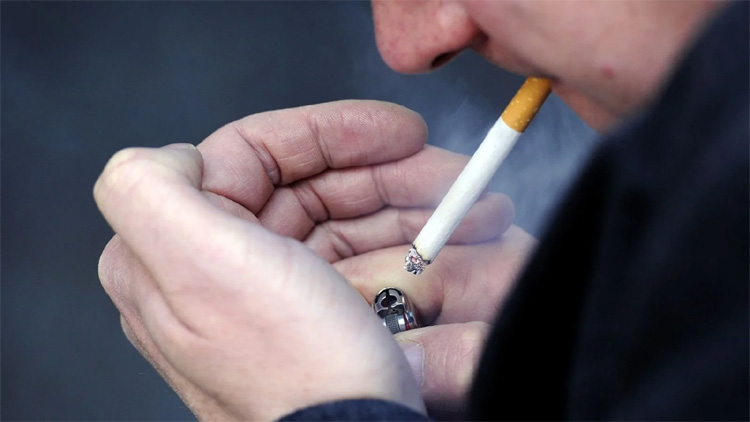But yes butts: New Zealand scraps world-1st smoking ban. Its economy needs this
New Zealand’s new government said that it planned to scrap the nation’s world-leading smoking ban to fund tax cuts.
The legislation was introduced under the previous Jacinda Ardern-led government. The law would have banned cigarette sales next year to anyone born after 2008 in order to stop young generations from picking up the habit of smoking.
Health experts strongly criticised the sudden reversal. Professor Richard Edwards, a tobacco control researcher and public health expert at the University of Otago, said, “We are appalled and disgusted… this is an incredibly retrograde step on world-leading, absolutely excellent health measures. Most health groups in New Zealand are appalled by what the government’s done and are calling on them to backtrack.”
“The government is flying in the face of public opinion and obviously in the face of the vast majority of people who work in this field, health professionals, doctors, nurses,” he explained.
The legislation had been acclaimed internationally with research models backing the key reforms as it included restricting the number of tobacco retailers and reducing the level of nicotine in cigarettes.
New Zealand’s laws also have inspired the Rishi Sunak-led UK government in September to announce a similar smoking ban for young people.
The reversal comes after some lawmakers in New Zealand- including the new prime minister Chris Luxon – argued that the ban would lead to a black market for tobacco. The announcement by the new finance minister Nicola Willis said that the government would repeal the laws completely.
Nicola Willis said, “We have to remember that the changes to the Smokefree legislation had a significant impact on the government books, with about a billion dollars there.”
Emeritus Prof Robert Beaglehole, chair of New Zealand’s Action for Smokefree 2025 committee said, “The suggestion that tax cuts would be paid by people who continue to smoke is absolutely shocking.”
New Zealand still aims to reduce its national smoking rate to 5% by 2025.

